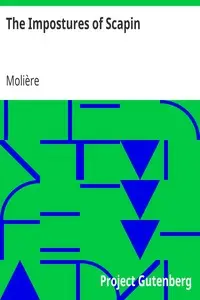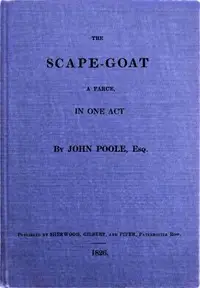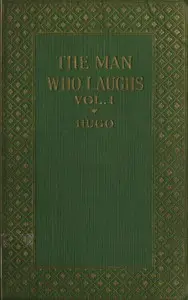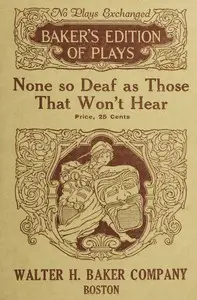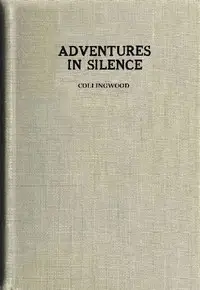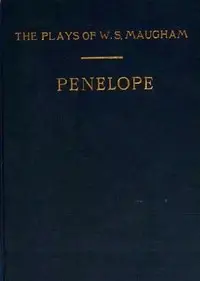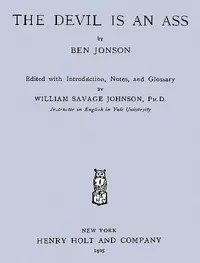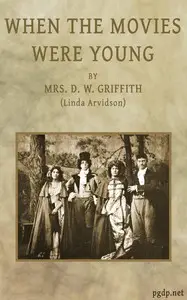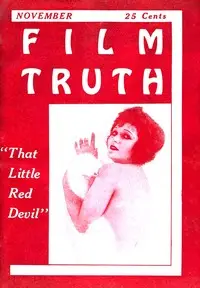"Epicoene; Or, The Silent Woman" by Ben Jonson is a funny play from the 1600s about a man named Morose, who really, really likes quiet and wants to marry a woman who can't talk so he can finally have some peace. This sets the scene for a bunch of funny situations with his noisy nephew and other characters, who all think Morose's plan is pretty weird. The play kicks off with Morose trying to find a silent wife with the help of a barber, Cutbeard, because he is super annoyed by any kind of noise and even has a servant who can't speak. All this craziness is planned as his nephew, Sir Dauphine and his friends chat about how strange Morose is, making fun of him with jokes and clever lines. The beginning of the play shows us the characters and what they want, giving us a sneak peek at all the funny and messy events that will test Morose's dream of a perfectly silent life.

Epicoene; Or, The Silent Woman
By Ben Jonson
A man's obsession with silence leads him down a hilarious path when he decides a mute wife is the answer to all his problems.
Genres
Released
2003-05-01
Formats
epub (images)
epub3 (images)
mobi
epub
mobi (images)
txt
Free Download
Summary
About the AuthorBenjamin Jonson was an English playwright and poet. Jonson's artistry exerted a lasting influence on English poetry and stage comedy. He popularised the comedy of humours; he is best known for the satirical plays Every Man in His Humour (1598), Volpone, or The Fox, The Alchemist (1610) and Bartholomew Fair (1614) and for his lyric and epigrammatic poetry. He is regarded as "the second most important English dramatist, after William Shakespeare, during the reign of James I."
Benjamin Jonson was an English playwright and poet. Jonson's artistry exerted a lasting influence on English poetry and stage comedy. He popularised the comedy of humours; he is best known for the satirical plays Every Man in His Humour (1598), Volpone, or The Fox, The Alchemist (1610) and Bartholomew Fair (1614) and for his lyric and epigrammatic poetry. He is regarded as "the second most important English dramatist, after William Shakespeare, during the reign of James I."
Total Reviews
10.0k
Total reviews from Goodreads may change

